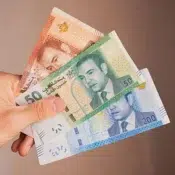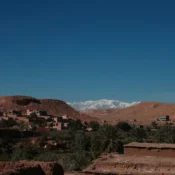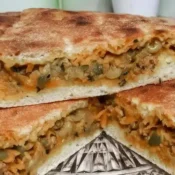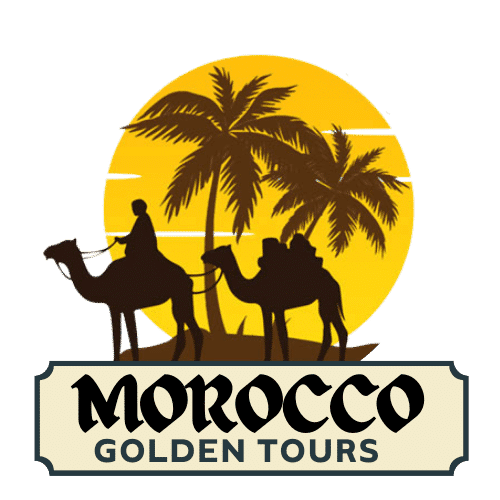The Heart of Morocco: Understanding the Rich Heritage and Vibrant Culture of Moroccan People
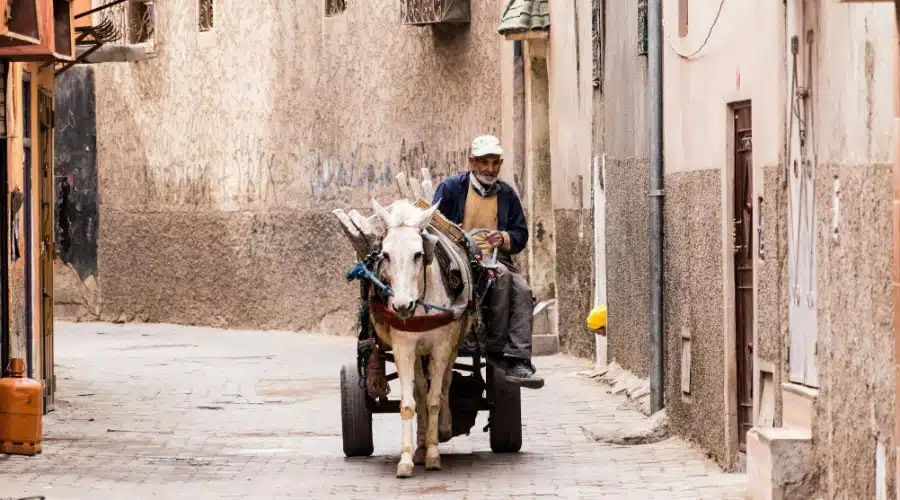
Have you ever wondered what makes Morocco such a special place? The answer lies in its people. When you walk through the busy streets of Marrakech or sit in a small café in Fez, you will see the true magic of this country. Moroccan people are warm, welcoming, and full of stories that go back thousands of years.
If you want to understand Morocco, you need to know about its people. They are the heart and soul of this beautiful North African country. Their culture, traditions, and way of life make Morocco unique in the world.
Table of Contents
The Amazing History of Moroccan People
Ancient Roots That Run Deep
Moroccan people come from a mix of different backgrounds. The first people to live in Morocco were the Berbers, also called Amazigh. These people have lived in North Africa for thousands of years. They built their homes in the mountains and deserts long before anyone else came to the area.
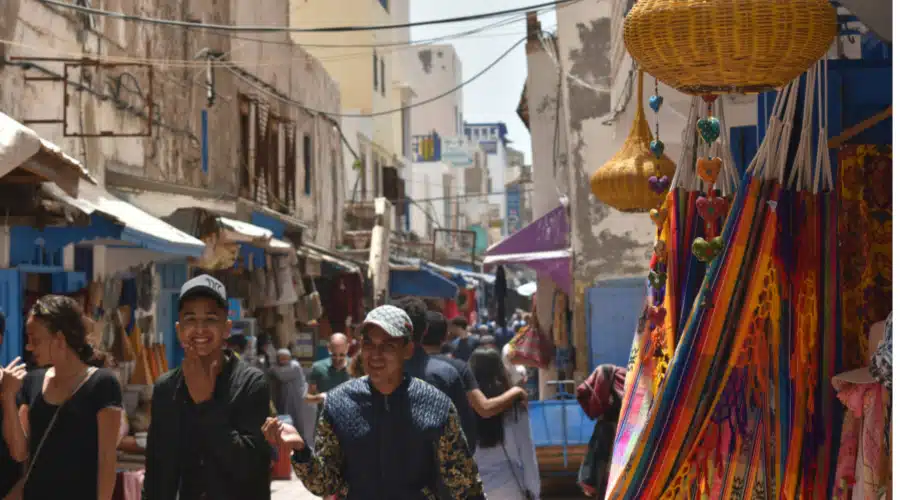
The Berber people are still a big part of Morocco today. About 40% of Moroccan people have Berber roots. You can see their influence everywhere – in the language, food, music, and art. When you visit Morocco, you will meet many Berber people who are proud of their heritage.
When Arabs Came to Morocco
In the 7th and 8th centuries, Arab people came to Morocco. They brought Islam and the Arabic language with them. The Arab and Berber people mixed together over time. This created the unique culture that Moroccan people have today.
This mixing of Arab and Berber cultures makes Moroccan people special. They are not just Arab or just Berber. They are something new and unique. This is why you will find such rich traditions when you visit Morocco.
Other Influences on Moroccan People
Morocco has always been a place where different cultures meet. People from sub-Saharan Africa came to Morocco through trade routes. Jewish people also lived in Morocco for many centuries. All these groups helped shape what Moroccan people are like today.
The Gnawa people are one example. They came from sub-Saharan Africa and brought their music and spiritual practices. Today, Gnawa music is an important part of Moroccan culture. When you hear this music, you are listening to the mixed heritage of Moroccan people.
Where Morocco People Live
Cities by the Sea
Many Moroccan people live in cities along the Atlantic Ocean and Mediterranean Sea. Cities like Casablanca, Rabat, and Tangier are home to millions of people. These coastal cities are where you will find modern Morocco.
In these cities, Moroccan people work in offices, run businesses, and live in apartments. But they still keep their traditions alive. You can still hear Arabic and Berber languages spoken on the streets. You can still smell traditional food cooking in homes and restaurants.
Mountain Communities
High up in the Atlas Mountains, you will find Moroccan people living in small villages. These mountain people have kept many old traditions alive. They build houses from local stone and clay. They grow crops on terraced fields that look like giant steps up the mountainside.
Mountain Moroccan people are known for their beautiful handicrafts. They make:
- Colorful rugs and carpets
- Pottery and dishes
- Silver jewelry
- Leather goods
When you buy these items, you are supporting families who have been making them for generations.
Desert Dwellers
In the south of Morocco, near the Sahara Desert, you will find Moroccan people who have adapted to life in one of the world’s harshest places. Some of these people still live as nomads, moving from place to place with their animals.
Desert Moroccan people have amazing skills. They can find water in the desert. They know how to navigate by the stars. They can survive in temperatures that would be impossible for most people. Their knowledge has been passed down for thousands of years.
Languages Spoken in Morocco
A Country of Many Languages
One thing that makes Moroccan people special is how many languages they speak. Most Moroccan people can speak at least three languages. This makes them some of the most multilingual people in the world.
The main language that Moroccan people speak every day is called Darija. This is Moroccan Arabic. It is different from the Arabic spoken in other countries. Darija has words from Berber, French, and Spanish mixed in.
Official Languages
Morocco has two official languages:
- Modern Standard Arabic
- Tamazight (Berber language)
Modern Standard Arabic is used in schools, government, and formal situations. Tamazight represents the Berber heritage of Moroccan people. In 2011, Morocco made Tamazight an official language to honor this important part of their culture.
French and Other Languages
Because France controlled Morocco for many years, many Moroccan people speak French. You will hear French in business meetings, universities, and tourist areas. Older Moroccan people often speak French better than younger people.
In northern Morocco, some people speak Spanish. Near the borders with Spain, you might hear Spanish mixed with Arabic and Berber languages. More young Moroccan people are learning English now because of the internet and tourism.
Religion and Beliefs of Moroccan People
Islam as a Way of Life
Almost all Moroccan people are Muslim. Islam is not just a religion for them – it is a way of life. You will see this everywhere you go in Morocco. Five times a day, you will hear the call to prayer from mosques. Many Moroccan people stop what they are doing to pray.
During the month of Ramadan, Moroccan people fast from sunrise to sunset. This is a time when families and communities come together. If you visit Morocco during Ramadan, you will see how important religion is to Moroccan people.
Sufi Traditions
Many Moroccan people follow Sufi Islam. Sufis believe in getting closer to God through music, dance, and meditation. You can see Sufi influence in Moroccan music and poetry. Some Moroccan people visit special religious places called zawiyas to practice Sufi traditions.
Religious Tolerance
Even though most Moroccan people are Muslim, Morocco has a history of religious tolerance. Jewish people lived in Morocco for over 1,000 years. Today, you can still visit old Jewish neighborhoods and synagogues. This shows how Moroccan people have learned to live with people of different faiths.
Family Life and Social Customs
Family Comes First
For Moroccan people, family is the most important thing. Children live with their parents until they get married. Even after marriage, families stay close. It is normal for three generations to live in the same house or neighborhood.
Moroccan people have great respect for older family members. Grandparents help raise children and share their wisdom. When you visit a Moroccan family, you will see how everyone takes care of each other.
Marriage and Celebrations
Marriage is very important to Moroccan people. Moroccan weddings are big celebrations that can last for several days. The whole community comes together to celebrate. There is music, dancing, special food, and beautiful clothes.
These celebrations show you how Moroccan people value community. They believe that important events should be shared with everyone. This is part of what makes Moroccan people so welcoming to visitors.
Hospitality
Moroccan people are famous for their hospitality. If you visit a Moroccan home, you will be treated like family. Your hosts will offer you tea, food, and comfortable places to sit. They will want to know about you and your family.
This hospitality comes from both Islamic teachings and Berber traditions. Both cultures believe that guests are a blessing. When Moroccans welcome you, they are following traditions that are thousands of years old.
Arts and Culture of Moroccan People
Music That Tells Stories
Music is very important to Moroccan people. Different regions have different types of music:
Gnawa Music: This spiritual music comes from people with African roots. It uses special drums and metal instruments. Gnawa music is used for healing and spiritual ceremonies.
Berber Folk Music: In the mountains, Moroccan people sing and dance to traditional Berber music. These songs tell stories about their ancestors and daily life.
Andalusian Music: This classical music came from Spain many centuries ago. It is very complex and beautiful. You can hear it at special concerts and festivals.
Beautiful Crafts
People in Morocco are skilled craftspeople. They make beautiful things with their hands:
- Zellige tiles: These are small, colorful tiles used to decorate buildings
- Carpets: Each region makes carpets with different patterns and colors
- Metalwork: Moroccan people make beautiful lamps, trays, and jewelry from metal
- Leather goods: Morocco is famous for high-quality leather products
When you buy these crafts, you are supporting Moroccans who learned these skills from their families.
Architecture
Moroccans have created a unique style of architecture. You can see this in the old parts of cities called medinas. Buildings have:
- Courtyards in the center
- Beautiful tile work
- Carved wood and plaster
- Peaceful gardens
Food Culture Among Moroccans
Meals That Bring People Together
Food is very important to Moroccans. Meals are times when families come together to talk and share. Most Moroccan people eat from shared dishes. This shows how they value community and sharing.
Famous Moroccan Foods
You probably know some foods that Moroccans eat:
Tagine: This is a stew cooked in a special pot with a cone-shaped lid. Moroccan people make tagines with meat, vegetables, and spices.
Couscous: This is made from tiny pieces of wheat. Moroccan people usually eat couscous on Fridays with family. It comes with vegetables and meat.
Mint Tea: Moroccans drink sweet mint tea all day long. Making tea is an art form. The person making tea pours it from high above to create foam.
Regional Differences
Different areas of Morocco have different foods:
- Coastal areas: lots of fish and seafood
- Mountains: lamb, goat, and vegetables
- Desert areas: dates, nuts, and preserved foods
- Cities: more variety and international foods
Market Culture
Moroccan people love to shop for food in traditional markets called souks. These markets are full of fresh fruits, vegetables, spices, and meat. Shopping in the souk is a social activity. People talk, bargain, and catch up with friends.
Work and Business Life
Traditional Jobs
Many Moroccans still work in traditional jobs:
- Farming and raising animals
- Making crafts and selling them
- Running small shops and restaurants
- Trading and importing goods
These jobs have been important to people for centuries. They pass down knowledge from parents to children.
Modern Economy
Today, many people in Morocco work in modern industries:
- Tourism and hotels
- Car manufacturing
- Technology and call centers
- Banking and finance
Morocco is changing quickly. Youngs are getting better education and finding new types of jobs.
Women in the Workplace
More Moroccan women are working outside the home now. You will see women as:
- Teachers and doctors
- Business owners
- Government workers
- Artists and writers
Challenges and Opportunities
Young Population
Morocco has a young population. Most Moroccans are under 30 years old. This creates both opportunities and challenges. Young people want good jobs and modern lives. The government is working to create more opportunities for them.
Education
Education is becoming more important to children in Morocco. More children are going to school now than ever before. Many young Moroccan people are learning English and computer skills to prepare for modern jobs.
Keeping Traditions Alive
As Morocco becomes more modern, people work hard to keep their traditions alive. They want to embrace new technology and opportunities while staying connected to their culture. This balance is not always easy.
What Makes Moroccan People Special
Strength Through Diversity
What makes people in Morocco truly special is how they have taken influences from many different cultures and created something unique. They are Arab and Berber and African and Mediterranean all at the same time. This diversity makes them strong and interesting.
Adaptability
Throughout history, Moroccans have shown that they can adapt to change while keeping what is important to them. They have survived invasions, colonization, and modernization. Each time, they have found ways to preserve their culture while embracing what is useful from the outside world.
Community Spirit
Perhaps most importantly, Moroccan people understand the value of community. Whether in a small mountain village or a big city, they look out for each other. They celebrate together, help each other in difficult times, and welcome strangers as friends.
The Future of Moroccan People
As Morocco continues to develop, people face exciting opportunities. The country is investing in renewable energy, tourism, and technology. Young Moroccan people are starting businesses and creating art that combines traditional and modern elements.
At the same time, Moroccan people are working to preserve their languages, crafts, and traditions. They understand that their rich heritage is their greatest treasure. The challenge is to share this treasure with the world while keeping it authentic.
When you visit Morocco, you become part of this story. Every interaction you have with Moroccans adds to the ongoing conversation between tradition and modernity, between local culture and global connection.
Conclusion
Moroccans are the heart of one of the world’s most fascinating countries. Their story is one of strength, diversity, and hospitality. From the Berber villages in the Atlas Mountains to the modern offices of Casablanca, they have created a unique culture that welcomes the world while staying true to itself.
Understanding Moroccans means understanding how different cultures can come together to create something beautiful. It means seeing how traditions can survive and thrive in a modern world. Most importantly, it means experiencing the warmth and generosity that makes Morocco such a special place to visit.
The next time you think about Morocco, remember that its greatest attraction is not its buildings or landscapes – it is its people. They are the guardians of an ancient culture and the builders of a modern nation. They are the reason Morocco continues to capture the hearts of visitors from around the world.
Frequently Asked Questions
What languages do Moroccans speak? Most Moroccan people speak Darija (Moroccan Arabic) as their main language. They also speak Modern Standard Arabic, and many speak French. About 40% speak Berber languages, and more young people are learning English.
What religion do Moroccans practice? About 99% of Moroccan people are Muslim. They practice Sunni Islam, and many follow Sufi traditions. Morocco also has small Jewish and Christian communities.
Are Moroccan people friendly to tourists? Yes, Moroccans are famous for being very welcoming to visitors. Their culture values hospitality, and they enjoy meeting people from other countries. You will find them helpful and interested in sharing their culture with you.
What are the main ethnic groups among people in Morocco? Moroccans are mainly Arab-Berber. About 40% have Berber (Amazigh) heritage, and 35% are Arab. There are also Gnawa people with African roots and other smaller groups.
How do Moroccans make money? Moroccan people work in many different jobs. About 40% work in farming, 35% in services like tourism and shops, and 20% in factories. Many also make and sell traditional crafts.
What food do people eat in Morocco? They eat tagines, couscous, bread, and lots of vegetables and fruits. They drink mint tea throughout the day. Each region has its own special dishes based on local ingredients.
Where do most people live? About 60% of Moroccans live in cities, especially along the coast. The biggest cities are Casablanca, Rabat, Fez, and Marrakech. The other 40% live in rural areas, including mountains and desert regions.
Ready to experience the warmth and culture of Moroccan people yourself? Start planning your journey to Morocco today and discover why millions of visitors fall in love with this amazing country and its incredible people. Visit our Morocco Golden Tours to begin your adventure.
